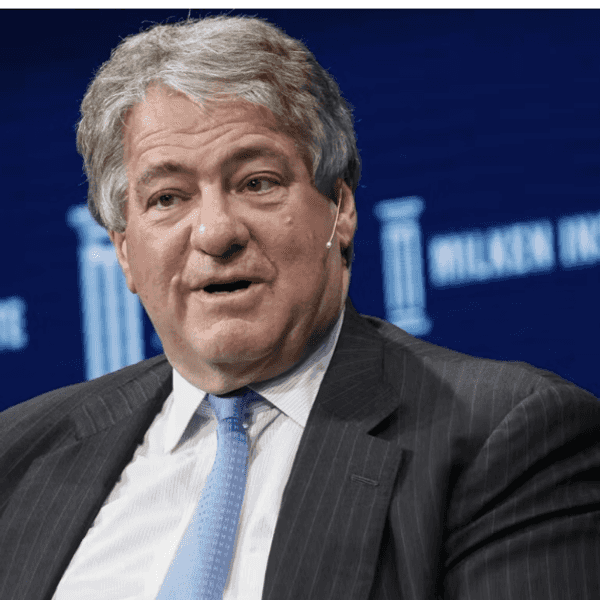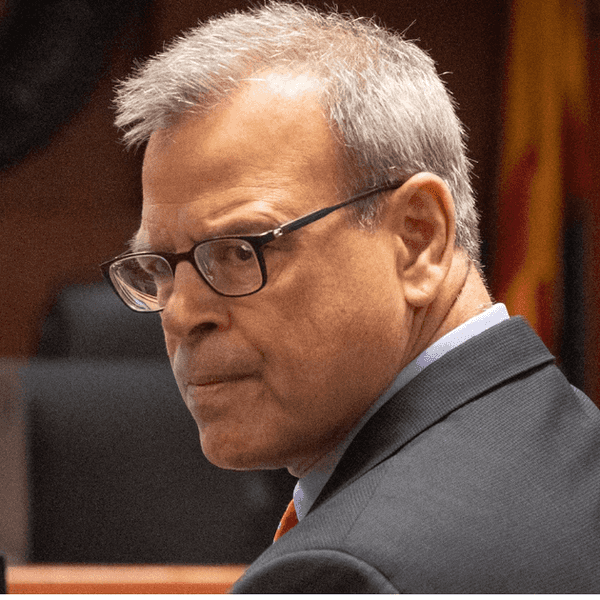
Donald Trump uses the word “deal” more often than most Americans use vowels. In fact, Trump’s narrative of himself as a “dealmaker” is one of the few beliefs in which he’s shown any real conviction his entire life.
It’s a bit ironic — Trump’s success as a candidate relies on his image as a businessman, but his record is… not great. He parrots a familiar refrain when asked about his business record: ‘I took risks, and some of them failed. But failure is part of making money.’
Sure. But if Trump’s sales pitch as a politician is the same sales pitch he used in business — that he makes things happen — it’s worth asking: what has Donald Trump actually achieved? And when we say “failure,” what do we actually mean?
Let’s start three decades ago. In 1988, Trump bought Eastern Air Shuttle — which ran hourly flights between Boston, New York City, and Washington D.C. for 27 years — and renamed it Trump Airlines.
Trump turned the shuttle service, which was a simple and efficient way for businesspeople to get between major centers on the East Coast, into a luxury experience: gold-colored fixtures, chrome seat-belts, and, predictably, a pile of unpaid debt.
Trump purchased EAS for $365 million, but the company never turned a profit. Ultimately, Trump defaulted on his loans. The whole thing was over in four years.
Then there’s Trump’s endeavors in the Atlantic City — which produced the bankruptcies often seen as his greatest failures. As the Washington Post writes:
Though Trump paints these Chapter 11 bankruptcies as if they were a good deal, saying they allowed him to get out of a failing Atlantic City business at a strategic time, the 1991 bankruptcy proceedings brought him close to losing much of his personal fortune. As Drew Harwell and Jacob Bogage wrote for the Post, Trump had to put millions of dollars of his own money into struggling companies, sold his yacht and his airline, gave up substantial ownership stakes and decision making roles, and even agreed to limits on his own personal spending.
Trump Entertainment Resorts, made up of the Taj Mahal, the Trump Plaza, and the Trump Marina, emerged from its third bankruptcy in 2010. The most noticeable thing about the casinos — aside from how badly they’ve done over the years — is Trump’s association with them: though he only owned 28 percent of Trump Entertainment Resorts, the use of his name was part of the deal.
This happens quite a lot: Trump’s name is on everything, including plenty of projects in which naming rights themselves are the bulk of Trump’s involvement. It’s almost as if the “Trump” brand itself is more important than the stability of the organization it represents. Sound familiar?
Trump Mortgage seemed like it had a decent shot, given Trump’s not-unqualified success in the real estate market. As Trump told CNBC in 2006 about his new endeavor, “I think it’s a great time to start a mortgage company. Who knows about financing better than I do?”
Apparently, lots of people.
Trump chose E.J. Ridings, an acquaintance who claimed to have experience as a high level Wall Street executive, despite only working there for a few months. The company didn’t make much of an impact and lasted less than two years.
“I think he’s very good at real estate, I don’t think he’s very good at other things,” said Michael d’Antonio, a Trump biographer. “He tried to run an airline and failed at that. He tried to run casinos and failed four times. That’s not evidence of brilliance when it comes to operating a complex business.”
If Trump’s failures as a businessman weren’t paired with an ego fragile enough to sue over the accounts of such failures, perhaps the failures themselves would have been less noticeable. But no: Trump’s narrative requires hitting back, and hard, against those who undermine his reputation.
In 2008, he filed a $5 billion suit — he files lots of suits — against Tim O’Brien for his book TrumpNation: The Art of Being The Donald. Trump took specific issue with O’Brien’s allegations that he massively inflates the perception of his own net worth.
As told in The Atlantic, Trump mentioned the book’s affect on a skyscraper deal in a deposition for the suit:
[T]hen the Italians read O’Brien’s article, and his book. “And Mr. Lorber called me and he said, ‘They’re not going to make a deal with you.’ ” Trump asked Lorber why not. “ ‘Because they read the article in The Times, and they read the book. They’re not going to make a deal.’ ” Trump spoke with the Italians himself, but it was no use. “Houdini couldn’t have sold them on the deal,” Trump told the lawyers. “So I lost potentially a couple of hundred million dollars on that deal because of this false book.”
The suit, predictably, has been dismissed. But, in keeping with Trump’s style, the outcome of the suit mattered less than the message he sent with it.
“You can go ahead and speak to guys who have four-hundred-pound wives at home who are jealous of me,” O’Brien later recalled Trump telling him, “but the guys who really know me know I’m a great builder.”
Trump’s greatest success to date has been his presidential campaign, and as a candidate, Trump’s message of success has always been more important than the success itself. That he has bought or created businesses only to see them fail is consistent, as he claims, with many successful businessmen. But ignoring his own failures so vocally is a unique skill.
Over the next eight months, the American people may very well give a man who has no sense of his own limits — or, at very least, a willful ignorance of them — control of an office from which to stage his most spectacular failure yet. How’s that for a deal?
Photo: U.S. presidential hopeful Donald Trump speaks during a press availability at Trump Tower in Manhattan, New York September 3, 2015. REUTERS/Lucas Jackson








